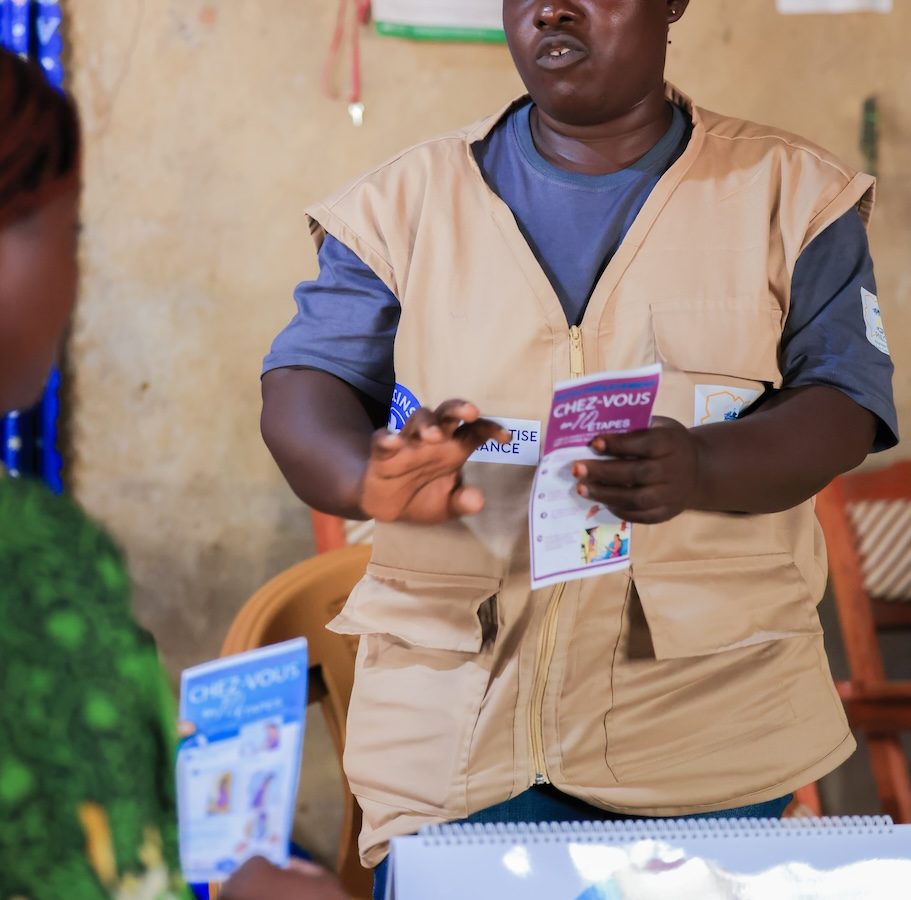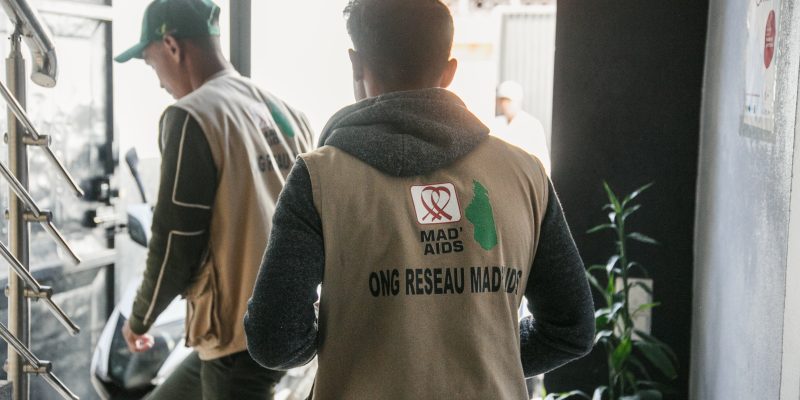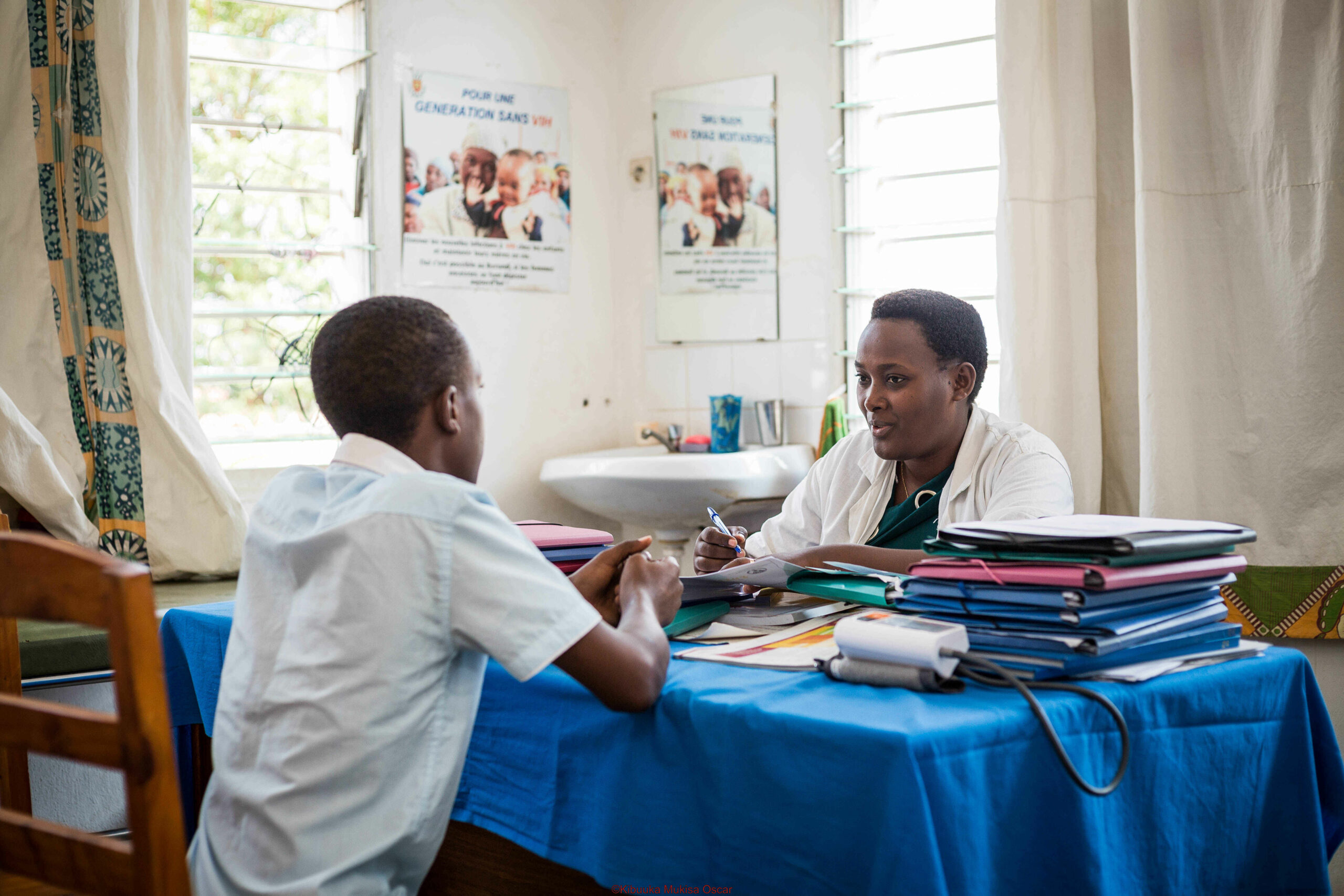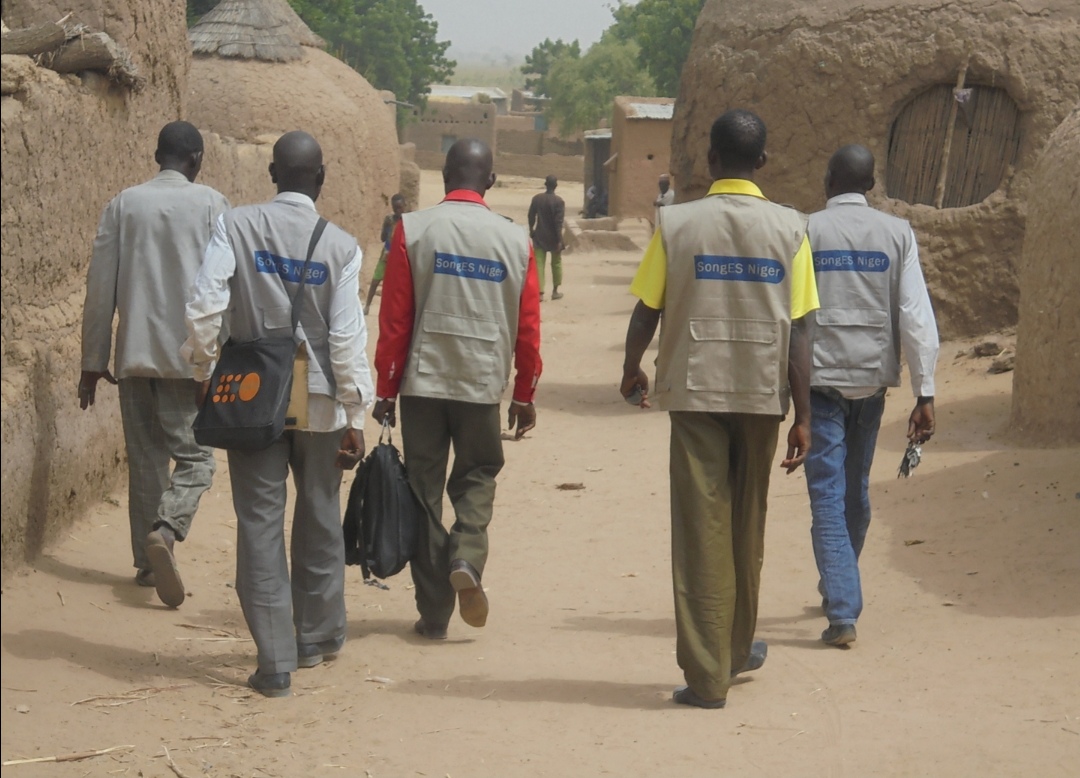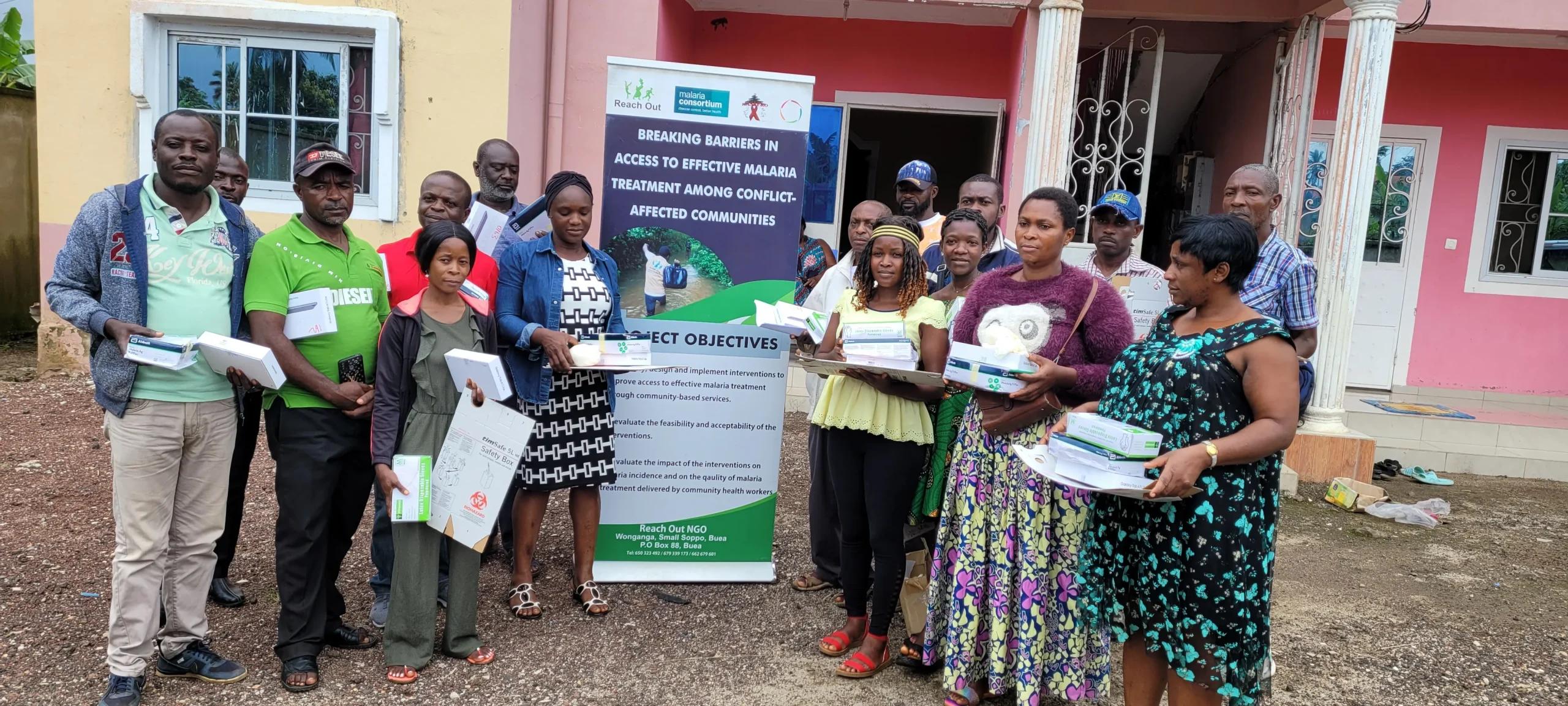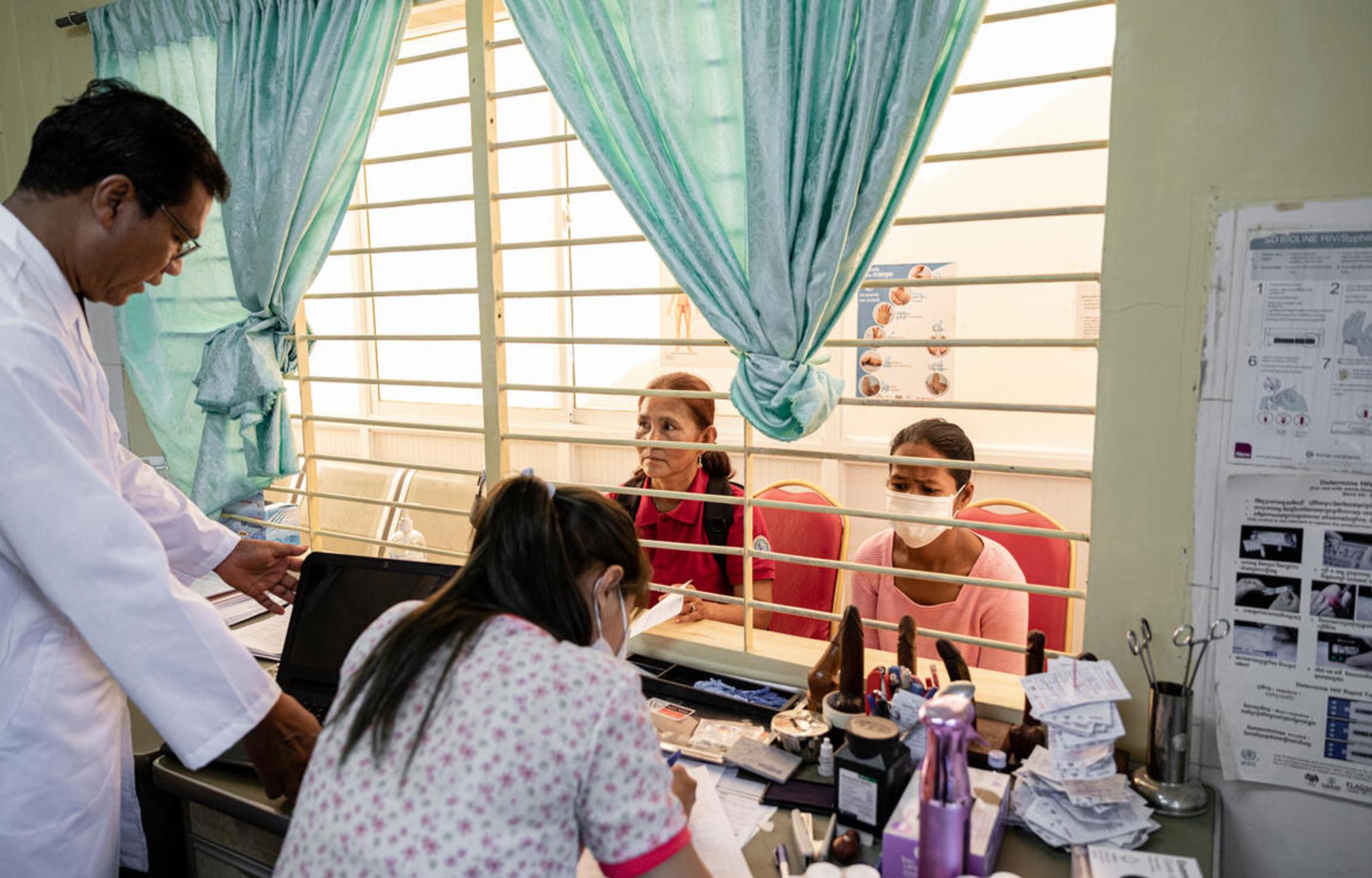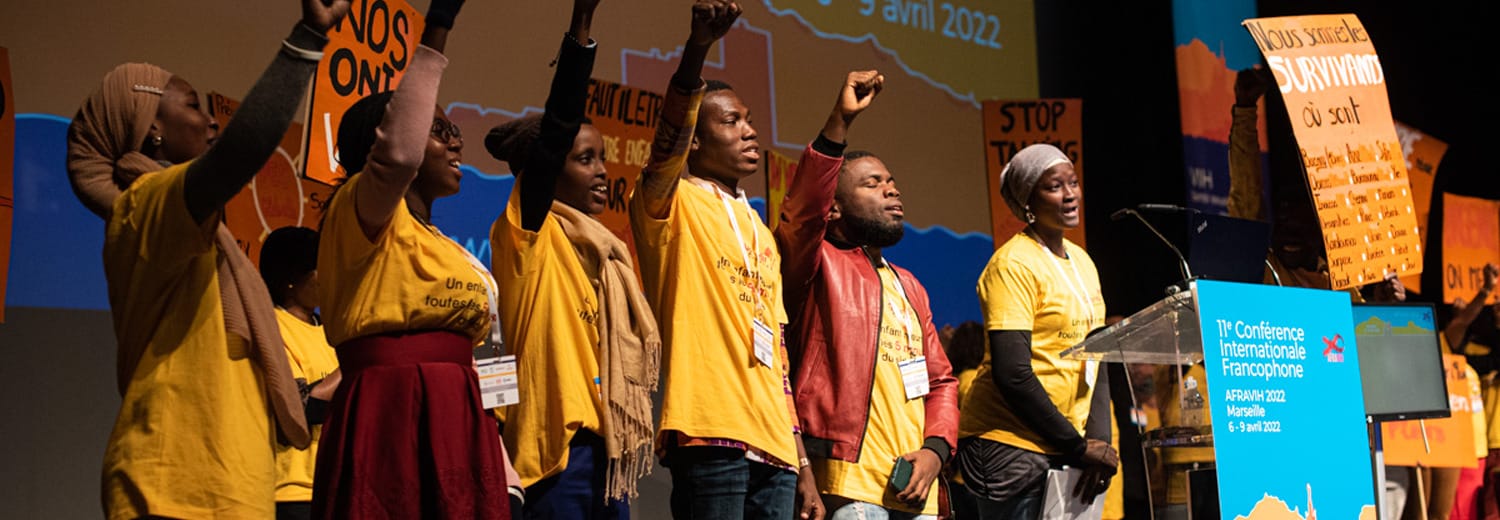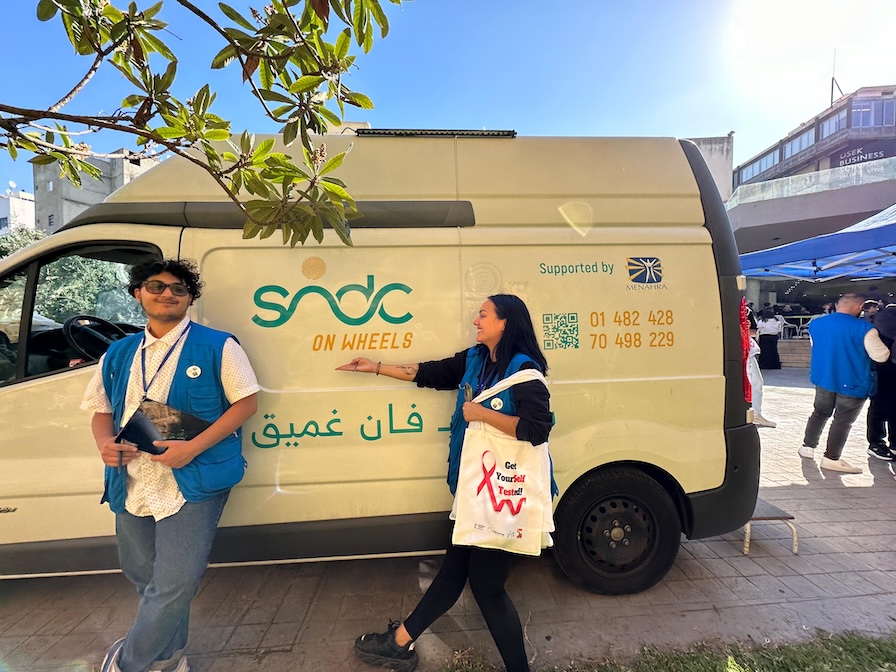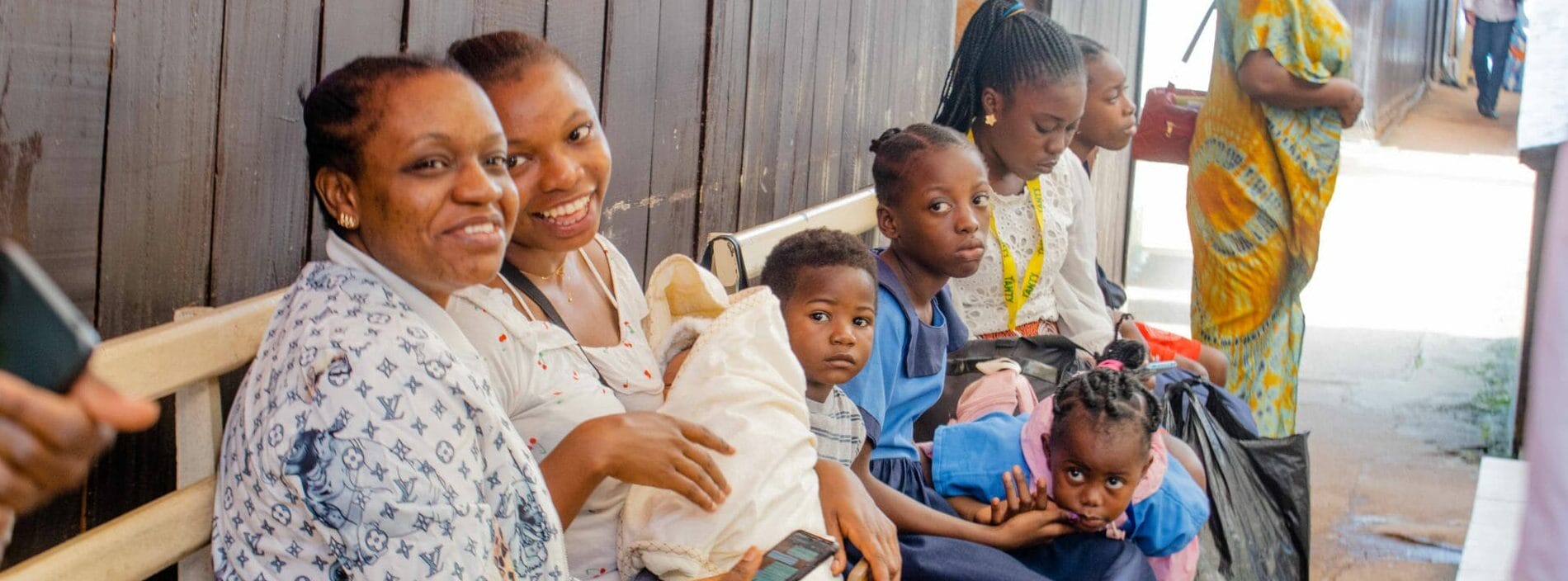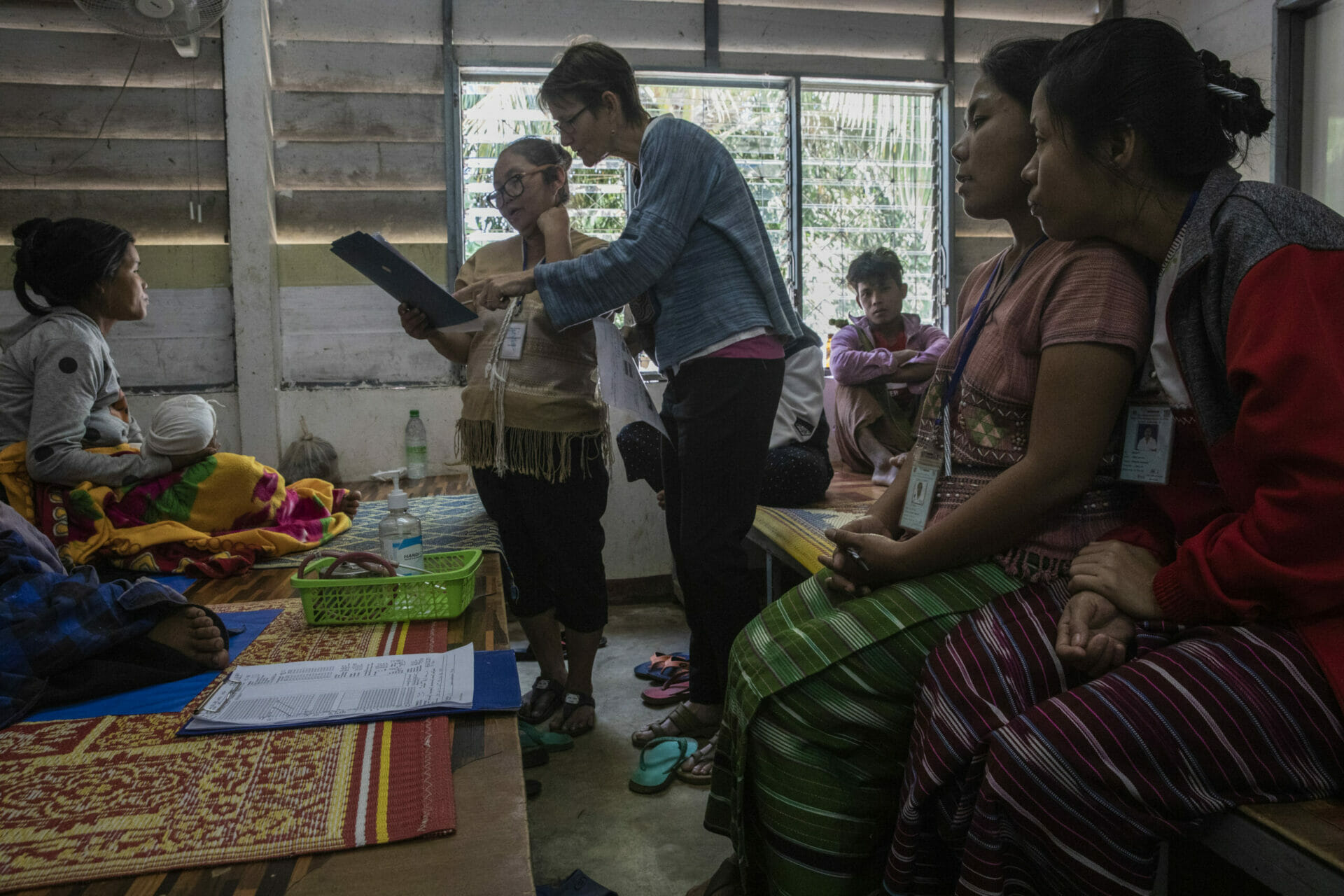SUCCESS: accelerating secondary prevention of cervical cancer at the global level
Since 2019, the SUCCESS programme, implemented by Expertise France with the support of Unitaid and co-funded by L’Initiative, has been supporting countries in the implementation of secondary cervical cancer prevention by structuring operational models of HPV screening adapted to their organisational capacities. The objective is to simplify the care pathway, reduce loss to follow-up and reach the women least likely to be screened, particularly those living with HIV, who are six times more likely to develop cervical cancer than other women. To achieve this, the programme supports the organisation of screening, triage, and treatment in services where human resources, logistics, and laboratory capacities are often under strain. A look back at the different phases of the programme.
The first phase (2019–2024) made it possible to demonstrate the feasibility of simplified pathways in four pilot countries (Burkina Faso, Côte d’Ivoire, Guatemala, Philippines). More than 185,000 women were screened through models combining self-sampling, the use of molecular tests, and rapid treatment by thermoablation of precancerous lesions when local conditions allowed. These experiments highlighted the key levers: proximity of services, integration into existing systems, particularly HIV and reproductive health, and reduction of the time between screening and care.
SUCCESS II (2023–2026) extends this dynamic to eight countries in West and Central Africa, South-East Asia, and Central America. The project pursues a specific objective: to sustainably integrate HPV screening into national services through approaches compatible with volumes, available skills, and laboratory capacities. Support focuses on the organisation of flows (sampling-transport-analysis), the standardisation of triage practices, the rational use of thermoablation, and the training of clinical and community teams. Phase II also includes a component on regional structuring in Francophone Africa, which constitutes a key lever: harmonisation of triage models between countries, strengthening of laboratory systems, technical clarification of organisational models, and exchange of experience between national programmes. This regional dynamic aims to reduce heterogeneity of practices, secure technical choices, and prepare a realistic scale-up.

Behind every statistic, there are women, families, and life paths disrupted by a cancer we know how to prevent. With SUCCESS, our responsibility is to turn international recommendations into concrete solutions for countries, so that HPV screening becomes a real and accessible service. The progress we are building together shows that lasting change is possible. By joining forces, we can truly push back this cancer and offer every woman a chance at protection.
Finally, SUCCESS FAP (2025–2026) provides targeted support to the Asia-Pacific region, where geographical constraints—archipelagos, mountainous areas, distance from centres—require adapted models. The focus is on self-sampling, mobile teams, and the integration of screening into frontline structures, in connection with HIV services.
Across its various components, SUCCESS pursues the same objective: adapting international standards to the realities of health systems, supporting countries in implementing effective, sustainable, and integrated HPV screening pathways. This progressive approach—experimentation, extension, harmonisation—now constitutes one of the central pillars of the response supported by Expertise France and L’Initiative towards the elimination of cervical cancer.
Watch the report SUCCESS in San-Pedro (Côte d’Ivoire), at the heart of HPV screening and cervical cancer prevention:
